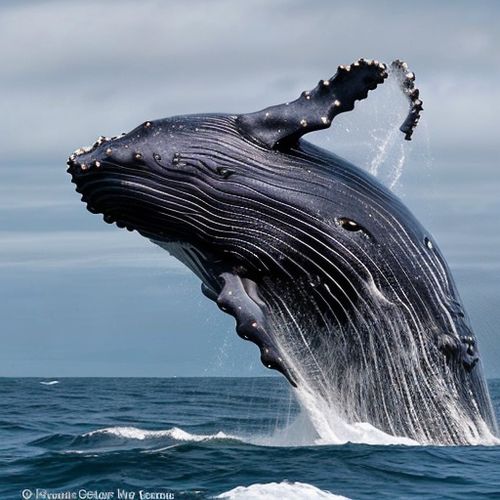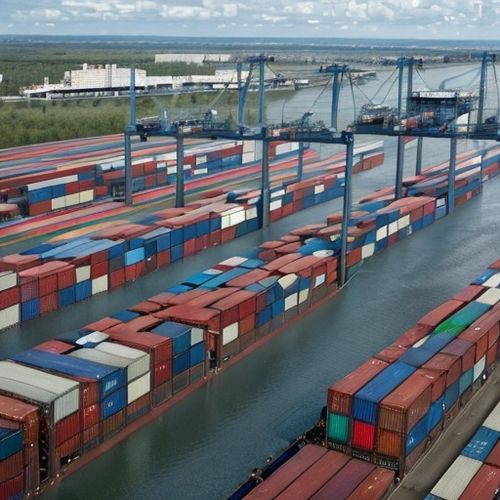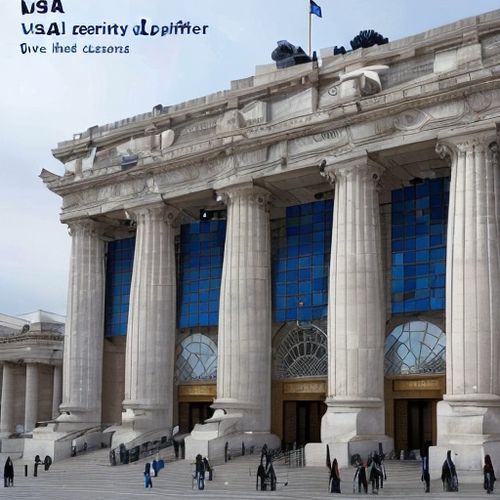The global landscape of visa policies continues to evolve, shaped by geopolitical shifts, economic demands, and public health considerations. Nations frequently adjust entry requirements to balance security concerns with the benefits of international travel and commerce. These changes create a complex web of regulations that travelers must navigate, often with little margin for error.
Recent years have witnessed a growing trend toward visa liberalization, particularly among countries seeking to boost tourism or strengthen diplomatic ties. The Schengen Zone remains a prime example, allowing seamless movement across 27 European states. Meanwhile, Southeast Asian nations like Thailand and Vietnam have extended visa-free stays for Western passport holders, recognizing the economic value of relaxed entry rules. However, this openness contrasts sharply with tightening restrictions elsewhere, particularly in nations grappling with migration pressures or security threats.
The pandemic era introduced unprecedented volatility to visa regimes, with some countries closing borders entirely while others developed "travel bubbles" between low-risk partners. Though most COVID-related entry barriers have lifted, their legacy persists through heightened health documentation requirements and the accelerated adoption of digital visa systems. These electronic platforms, pioneered by Australia and Canada, now enable travelers from eligible countries to obtain authorization within minutes rather than weeks.
Business visa policies increasingly reflect the global competition for talent and investment. Tech hubs like Singapore and Germany have created specialized visas for entrepreneurs and highly skilled workers, while Gulf states have introduced long-term residency programs to retain expatriate professionals. Conversely, political tensions occasionally manifest through visa restrictions, as seen in the reciprocal limitations imposed during diplomatic disputes between Canada and India in 2023.
Developing nations face particular challenges in crafting effective visa strategies. Countries like Rwanda and Costa Rica have successfully used relaxed visa policies to position themselves as conference hubs and digital nomad destinations. Yet others struggle with the dilemma of whether to prioritize visa revenue from application fees or pursue the broader economic benefits of easier access. The Caribbean Community's proposed single visa system exemplifies regional efforts to harmonize policies for collective benefit.
The rise of biometric screening has fundamentally altered border control dynamics. Automated passport gates now process travelers at major airports, while facial recognition systems at some borders have reduced the need for physical visa stamps. These technological advances promise greater efficiency but also raise privacy concerns and the risk of excluding travelers from less technologically advanced regions.
Climate change is emerging as an unexpected factor in visa policy development. Several Pacific island nations have begun exploring "climate visas" for citizens displaced by rising sea levels, setting a precedent for international responsibility sharing. Meanwhile, seasonal worker visa programs in agricultural economies must now account for shifting harvest patterns caused by changing weather conditions.
Looking ahead, visa policies will likely continue their uneven trajectory toward both liberalization and sophistication. The tension between open borders and national security shows no signs of resolution, while technological solutions promise both convenience and new forms of exclusion. For global travelers, staying informed about these fluid regulations remains essential, as does recognizing that visa requirements often serve as barometers of international relationships and domestic priorities.

By George Bailey/Apr 28, 2025

By Lily Simpson/Apr 28, 2025

By Grace Cox/Apr 28, 2025

By David Anderson/Apr 28, 2025

By Megan Clark/Apr 28, 2025

By Natalie Campbell/Apr 28, 2025

By Olivia Reed/Apr 28, 2025

By Rebecca Stewart/Apr 28, 2025

By Eric Ward/Apr 28, 2025

By Grace Cox/Apr 28, 2025

By Noah Bell/Apr 28, 2025

By George Bailey/Apr 28, 2025

By Michael Brown/Apr 28, 2025

By Samuel Cooper/Apr 28, 2025

By Laura Wilson/Apr 28, 2025

By David Anderson/Apr 28, 2025

By Noah Bell/Apr 28, 2025

By Benjamin Evans/Apr 28, 2025

By Megan Clark/Apr 28, 2025

By Noah Bell/Apr 28, 2025